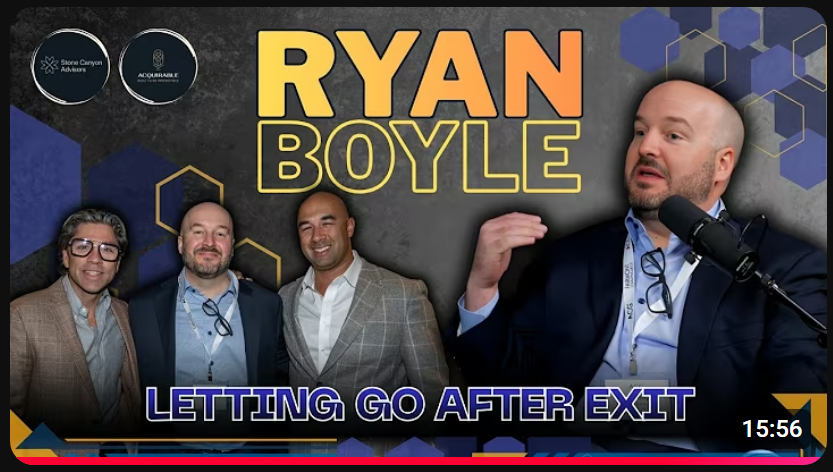Tough Calls and How to Make Them

The employment area is full of difficult decisions and actions, and this month we are implementing a new newsletter feature called TOUGH CALLS to highlight this area. We’ll look at two key tough calls, letting go of a poor performer, and revealing sensitive company info.
Firing: Both the decision to fire someone, and the actual action to get this done, are tough calls. We’ve written articles and blogs before about how employers often keep people too long when they are not performing, and the very high cost of doing so. We advocate acting swiftly. Even though it isn’t needed in many “at will” states, it is a good idea to document poor performance, if only to help the employer feel comfortable taking action.
Often, conversations about inadequate performance, as well as negotiations about specific needed improvements are done informally and in private. It is better when such talks are done with third parties present (ideally an HR rep), and then documented, with memos sent to the employee’s file and directly to the employee. If the employee fails to live up to the needed improvements, termination will then be easier to address.
In the actual termination conversation, the hiring manager sometimes makes the mistake of personalizing things: “I like you Joe, and I wish we could… etc., etc.”, and this is a bad idea. It is better to keep these conversations brief, and all about business. Focus on the objectives, how they weren’t met, and that the employer needs a different solution.
Be prepared with a severance offer and a letter of release for the employee to sign, but accept the fact that the terminated employee may want to seek legal advice before accepting. Don’t let people linger. Calculate the least amount of time it might take for someone to clear up what is in process, and get them out as quickly as possible. If you have their tasks covered, it can work well to end it the same day.
Make this tough call easier by removing the emotions, formalizing the process, and acting as methodically as you would in any other critical business area.
Confidential Info: Sometimes while a company is hiring for new positions or strategic replacements, there are things they can’t tell a candidate or even a new hire. Such items could include: a possible acquisition of the company, certain financial performance numbers, product development that is not yet protected by IP, or perhaps even that the new hire’s boss is on the way out.
This type of information may be materially important to the new person once on board, and when they find out that they weren’t told, it can cause difficulty. In some instances, we’ve seen new executives quit because of something critical that wasn’t revealed. So what should the employer do?
- If there is any way to reveal the information, do so, especially when it will really impact the new hire. Consult with your corporate attorney and/or communications officer on the subject, to see if the restrictions can be softened.
- Draft a very specifically focused non-disclosure agreement if needed, and have the candidate sign it.
- Find a way to sum up or highlight the subject area, keeping as little of it secret as possible.
- Tell the candidate that there are such items – things you can’t reveal yet – and ascertain how flexible they are with the situation. Would they come on board knowing there will be surprises?
If there really is no way to safely disclose, be aware that such secrecy can have adverse consequences, and have a Plan B if the person should walk.
In the future we’ll look at other tough calls, and we invite our readers to submit suggestions. What are some of the most difficult decisions you’ve made?
























